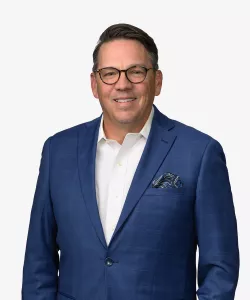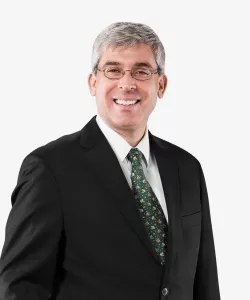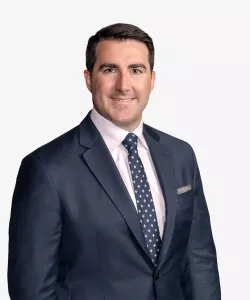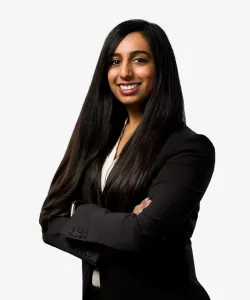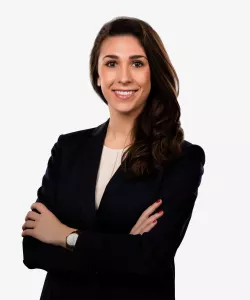DOJ Files First Fraud Case in Connection with the CARES Act SBA Paycheck Protection Program
Headlines that Matter for Companies and Executives in Regulated Industries
DOJ Files First Fraud Case in Connection with the CARES Act SBA Paycheck Protection Program
David Staveley and David Butziger are the first two individuals to be charged with allegedly defrauding the Coronavirus Aid, Relief, and Economic Security (CARES) Act SBA Paycheck Protection Program (PPP). The two men are alleged to have fraudulently sought more than a half-million dollars in forgivable loans guaranteed by the SBA under the CARES Act by falsely claiming to have dozens of employees at four different business entities that were actually fictitious, closed, or owned by someone else.
As background, on March 29, 2020 the CARES Act was enacted to provide emergency financial assistance to the millions of Americans suffering from the economic impact of the COVID-19 pandemic. The CARES Act initially authorized up to $349 billion in forgivable loans to small businesses for job retention and other authorized expenses through the PPP. In April, Congress authorized an additional $300 billion in PPP funding. Through the PPP, qualifying small-businesses can receive loans with a maturity of two years and an interest rate of 1% to cover payroll costs, interest on mortgages, rent, and utilities. If the qualifying small business spends the proceeds on these expenses within eight weeks of receipt of the loan, including at least 75% on payroll expenses, then the interest and principal will be forgiven.
The complaints filed in Rhode Island federal court charge both men with conspiracy to make false statements intended to influence the SBA and conspiracy to commit bank fraud. Staveley is also charged with aggravated identity theft, and Butziger is charged with bank fraud.
The Government alleges that Stavely submitted loan applications requesting more than $438,500 in which he falsely represented that he had dozens of employees at three restaurants that he owned. But two of the three restaurants were allegedly not open at the time the loan applications were submitted, or any time thereafter, and the third restaurant was not owned by or otherwise associated with Staveley.
The Government alleges that Butziger sought $105,382 under the PPP as the owner of Dock Wireless. Butziger allegedly falsely represented in loan documentation and on a telephone call with an FBI undercover agent posing as a bank compliance officer that he had seven full-time employees, including himself. Butziger further represented he hired the employees on a full-time basis in January 2020, and that he laid the employees off at the end of March, but the employees continued to work without being paid through April 2020. The FBI subsequently interviewed the alleged Dock Wireless employees who stated that they never worked for Dock Wireless or Butziger. Additionally, the Rhode Island State Department of Revenue had no records of Butziger or Dock Wireless paying employee wages in 2020. According to the Government, e-mails between Staveley and Butziger reveal that the men discussed creating fraudulent loan applications and supporting documents to seek loans through the PPP.
The Government’s investigation began in response to a tip from local police that Staveley was posing as his brother in real estate transactions. The Government’s swift investigation and subsequent filing of these complaints demonstrate the priority the Justice Department is placing on combating fraud in connection with COVID-19, and particularly fraud in connection with the stimulus relief package passed by Congress.
The case is U.S. v. Staveley, case number 1:20-mj-34, in the US District Court for the District of Rhode Island.
Read the DOJ Press Release here.
Supreme Court Oral Arguments Are Livestreamed for the First Time
For the first time in its history, the United States Supreme Court publically live streamed oral arguments. This past week marked the first week of a two-week session where previously postponed oral arguments were live streamed, enabling the public to listen from their homes. In accordance with public health guidance regarding COVID-19, the Justices participated remotely by teleconference. Chief Justice John Roberts Jr. began questioning of the attorneys and was followed by the Associate Justices in order of seniority.
The Supreme Court provided a live audio feed of its hearings to several news outlets, including C-SPAN, the Associated Press, and Fox News. Livestreaming of the Supreme Court’s oral arguments will continue on May 11, 12, and 13, before oral arguments conclude for the term.
Contacts
- Related Industries
- Related Practices
